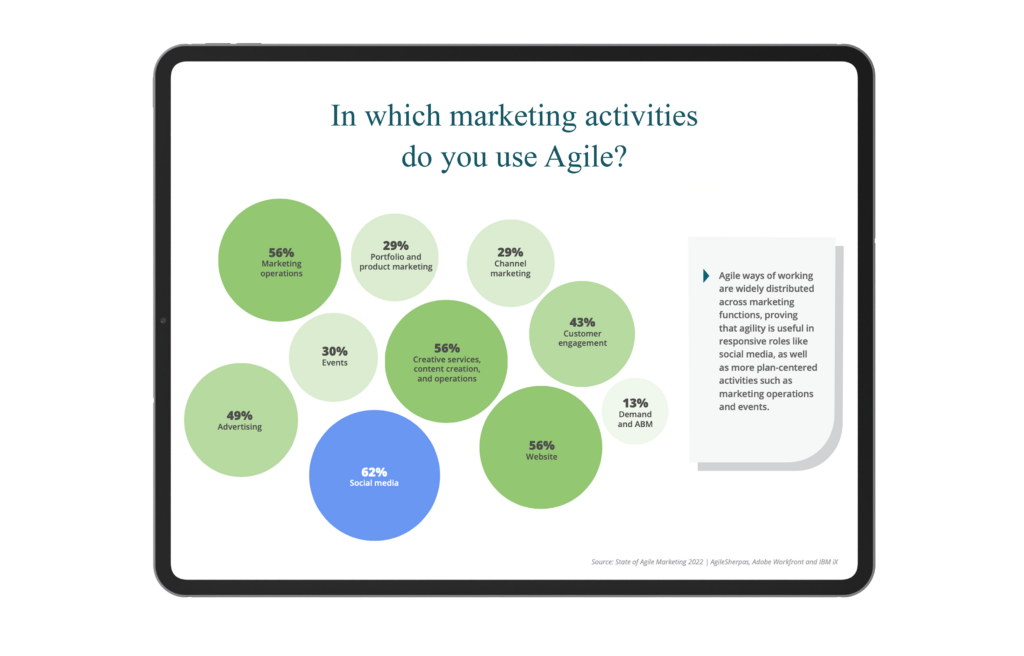Is your firm running ads? If yes, you’ll want to read ahead! Find out more about the new changes to Google ads and the best practices you should implement moving forward.
Ever had this happen to you? You’re enjoying watching a video, and suddenly, a super annoying ad pops up. If you’re like most of us, you’ve been there. Most of the time you probably skip the ad as quickly as possible and continue watching, or maybe you finally decided to ’re ‘outsmart’ the advertisers by installing ad blockers.
According to findings, around 27% of American internet users have ad blockers. Globally, 42.7% of internet users use ad blockers. The reasons? Primarily because, as most people say “there are too many ads,” and others go further, saying, “there are too many ads that are annoying or irrelevant.” See for yourself:
So, what do ad blockers have to do with Google’s recent update to their Destination Requirements Policy?
We’ll delve into the details in the following sections, but briefly, Google continuously aims to provide the best user experience. One obvious way to do so is to discontinue frustrating ad experiences such as flashing and invasive pop-ups. When a user has lots of annoying ad experiences, there’s a higher chance they’ll install ad blockers, which means that your ads, even if they meet Google’s criteria, won’t get seen either.
What happens when users install ad blockers?
Publishers and businesses cannot make money from ads that no one sees. Without an audience, the entire advertising ecosystem is disrupted. This is 100% avoidable, thanks to Google’s new update.
What’s the Destination Requirements Policy update?
As Google states, “We want consumers to have a good experience when they click on an ad, so ad destinations must offer unique value to users and be functional, useful, and easy to navigate.”
Google wants to ensure its ads offer a positive experience through the Destinations Requirements Policy. To do so, they use something similar to SEO; for example, content that gives EAT (expertise, authority, and trust) ranks better organically.
This all sounds great, but if you’re wondering, “what is Destination in this case?” This isn’t the type of destination you reach at airports. Google defines ‘Destination’ as the page where users land once they click on your ad; this could range from a homepage to a landing page.
Starting October 2022, the Destinations Requirements Policy will be updated to include ad experiences that conform with the CBA, Coalition for Better Ads. This is a nonprofit organization that, like Google, wants to ensure the best ad experience for users. Giants like Google and Facebook are partnered with the CBA.
The CBA created rules all ads should follow under a set of global standards called BAS, Better Ads Standards, and defined 18 types of ads that are disapproved. (More on this in the following sections.)
Implementing the Better Ads Standards’ Practices
The Coalition for Better Ads researched over 66,000 consumers in various countries representing 70% of global ad spending.
Based on this research, the Better Ads Standards’ practices were built. Instead of focusing on what practices to include, the CBA decided to showcase what not to do. Perhaps you’re familiar from first-hand experience with one or more of the following (irritating) types of ads:
- Disruptive unskippable ads
- Obstructive ads aq
- Flashing, animated pop-ups, and others
For example, when it comes to mobile, here are the ads you should avoid at all costs:
There’s an entire list of least preferred ad experiences. Feel free to explore it here.
What type of ads will be disapproved of by Google?
A ‘disapproved’ ad means it violated Google’s policies. When this happens, the ad cannot run until the elements are fixed or appealed.
Here’s the great news! The ad experiences that do not conform to the Better Ads Standards will inform the advertiser via the Ad Experience Report.
Learn how to install and view your reports here:
And even better news for those working with Consultwebs! If you’re running Google Ads with us, feel free to reach out to us, and we’ll be happy to guide you through your reports.
Takeaway
Frustrating ad experiences are common, and you’ve probably had your share! Fortunately, giants like Google are trying to counteract invasive ads and avoid driving users like you and me towards installing ad blockers.
We know that quality ads can be powerful (take the case of the great Super Bowl ads). They help drive users towards valuable free content and help build connections. However, as Google enforces its new policies, you’ll need to use best practices to keep reaching the users that need your services.
If you want to protect your digital ecosystem and, most importantly, your advertisement dollars, we’ve got a team of experts on board and ready to help.
The post Maximize Your Ad Spend With Google’s New Destination Requirements Policy appeared first on Consultwebs.
from Consultwebs https://www.consultwebs.com/blog/maximize-your-ad-spend-googles-new-destination-requirements-policy
via https://www.consultwebs.com







